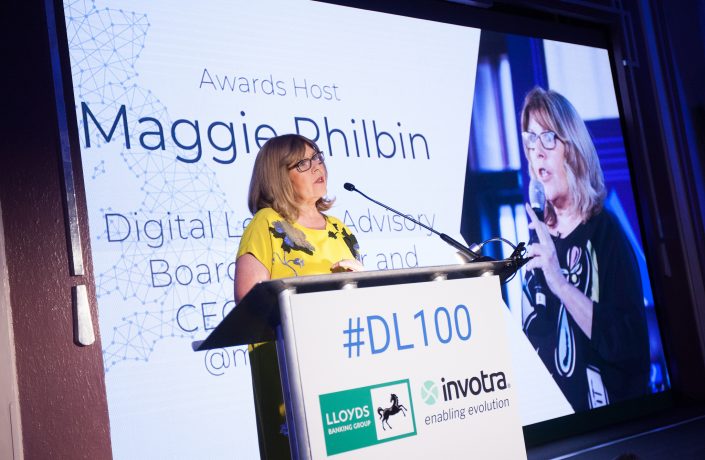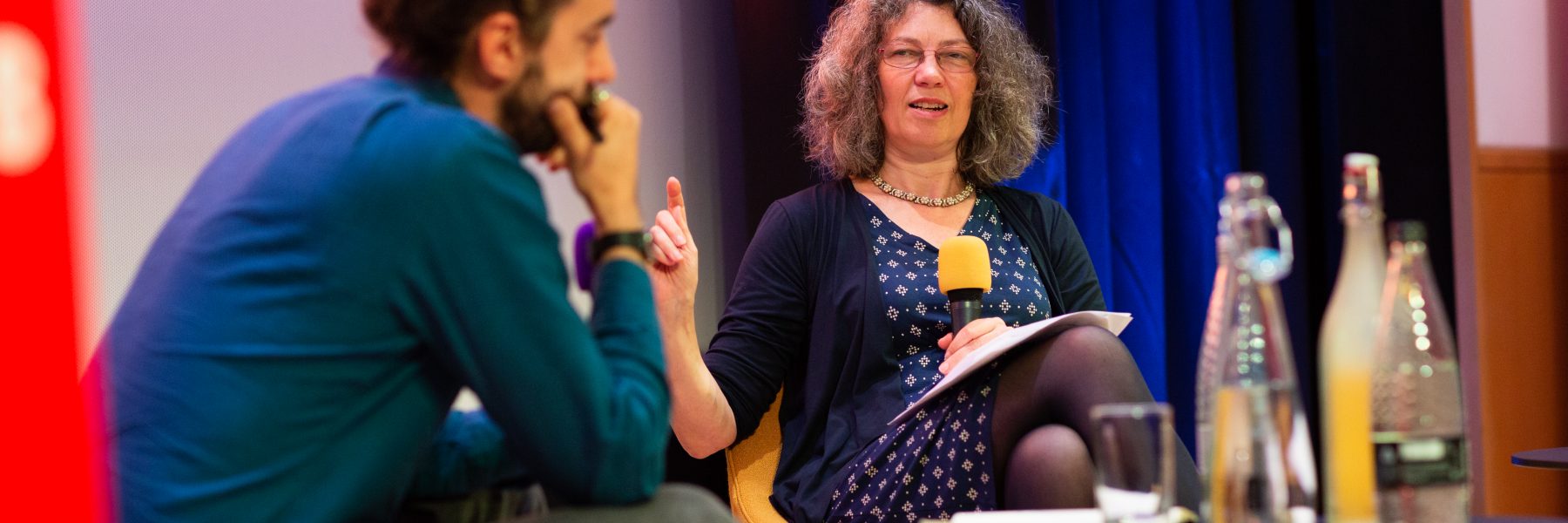 News
News


For the past four years, the LSE’s Parenting for a Digital Future team has explored key dilemmas facing parents and policymakers alike as they adjust to the challenges of our changing digital lives. Sonia Livingstone and Alicia Blum-Ross review a year of ideas and research.
Children’s (and indeed all of our) privacy online continued to be a massive topic in 2018 – and with the surge in public concern this area of work can only grow.
Post-GDPR and post-Cambridge Analytica, privacy remained a major topic for discussion, from children’s data that we willingly post on social media when ‘sharenting’, to that which is captured as we move through security spaces such as airports.
Parenting for a Digital Future launched research on how children themselves understand privacy online, how this impacts on their capacity to give informed consent, and different contexts present new challenges. This research runs counter to the idea that children don’t care about privacy or that the only solution is to improve their digital literacy.
Building on such debates, we also questioned the notion that where regulation falls short in protecting children’s rights online, digital literacy offers a silver-bullet solution. We highlighted the concerns that even IT professionals have about the literacy skills that their children might be developing, suggesting that what is also needed is better emotional literacy.
With a recent UK government report showing that only 2% of children can identify fake news, we summarised 10 key readings on how to cultivate a critical approach to the media, including amongst policy makers, for example how to have a critical understanding of news reports on teen crazes like the Blue Whale challenge.
We also looked at how improving parents’ video game literacy can help them to guide children into getting more from such games and strengthen relationships. But we have also discussed how gender, class and age may intersect to affect parents’ confidence in using digital media.
Bullying has been high on the agenda – and in 2018 presented research examining what social media companies are actually doing about the problem, asking whether ‘cyberbullying’ is the most useful term to use to describe online harm. We also considered the risks of online bullying and grooming faced by children in Nigeria and called for the government to improve policy and legislation.
We also asked whether excessive social media use adversely affects teens’ wellbeing in Sweden, and presented findings from a major US survey which discovered a diverse range of experiences, including teens who found social media use positively supported their mental health. We argued that media coverage of certain apps and games has harmfully exaggerated the risks.
We considered how media can be used to improve the lives and social engagement of forced migrants settling in Europe from Arabic countries, and highlighted the benefits of including media within the new sex and relationships education provision in England.
We have taken an in-depth look at how family dynamics impact on all of these issues around children’s media use, from how children living in new family formations such as foster and stepfamilies, negotiate different rules, to research on how attitudes of parents and parents’ own media habits in the home impacts significantly on children’s use of digital tech.
We also highlighted the importance of learning within the home as a way of strengthening digital literacy, and provided key pointers for parents. We argued that instead of banning kids from using screen-based devices, parents should consider how their own behaviour sets an example for media use and how they can help children self-regulate. Indeed, a report by Common Sense Media suggests more positively that digital devices can actually help improve relations and reduce tensions between parents and children.
The Parenting for a Digital Future sister project Global Kids Online continued to expand in 2018, with studies launched in Albania, Canada, Montenegro, New Zealand and the Philippines, and findings published from research in Brazil, Ghana and Uruguay. Read a full update.
Looking forward into 2019, the Parenting for a Digital Future blog will continue to share insights both from its own research, and from guest posters around the world. A book, Parenting for a digital future: how hopes and fears about technology shape our children’s lives, is due out this year.
With the Parenting for a Digital Future project winding down, the team has moved on to new projects and horizons. Sonia Livingstone continues to lead the Global Kids Online and Children’s Data and Privacy Online projects, and is now also co-directing The Nurture Network. She recently concluded her tenure as chair of the LSE’s Truth, Trust and Technology Commission, and her work with the Council of Europe to create a set of recommendations to fulfil the rights of the child in the digital environment.
Alicia Blum-Ross recently concluded a research report for the ICT Coalition for Children Online, which explored how industry stakeholders and young people, parents and educators think about the present and future of technology. After concluding that research, she has taken tup a new role at Google/YouTube as public policy lead for children and families, where she is working to support child safety, child rights, and to create positive online experiences and resources for kids and their care givers.
This update was first published by the LSE’s Parenting for a Digital Future team.